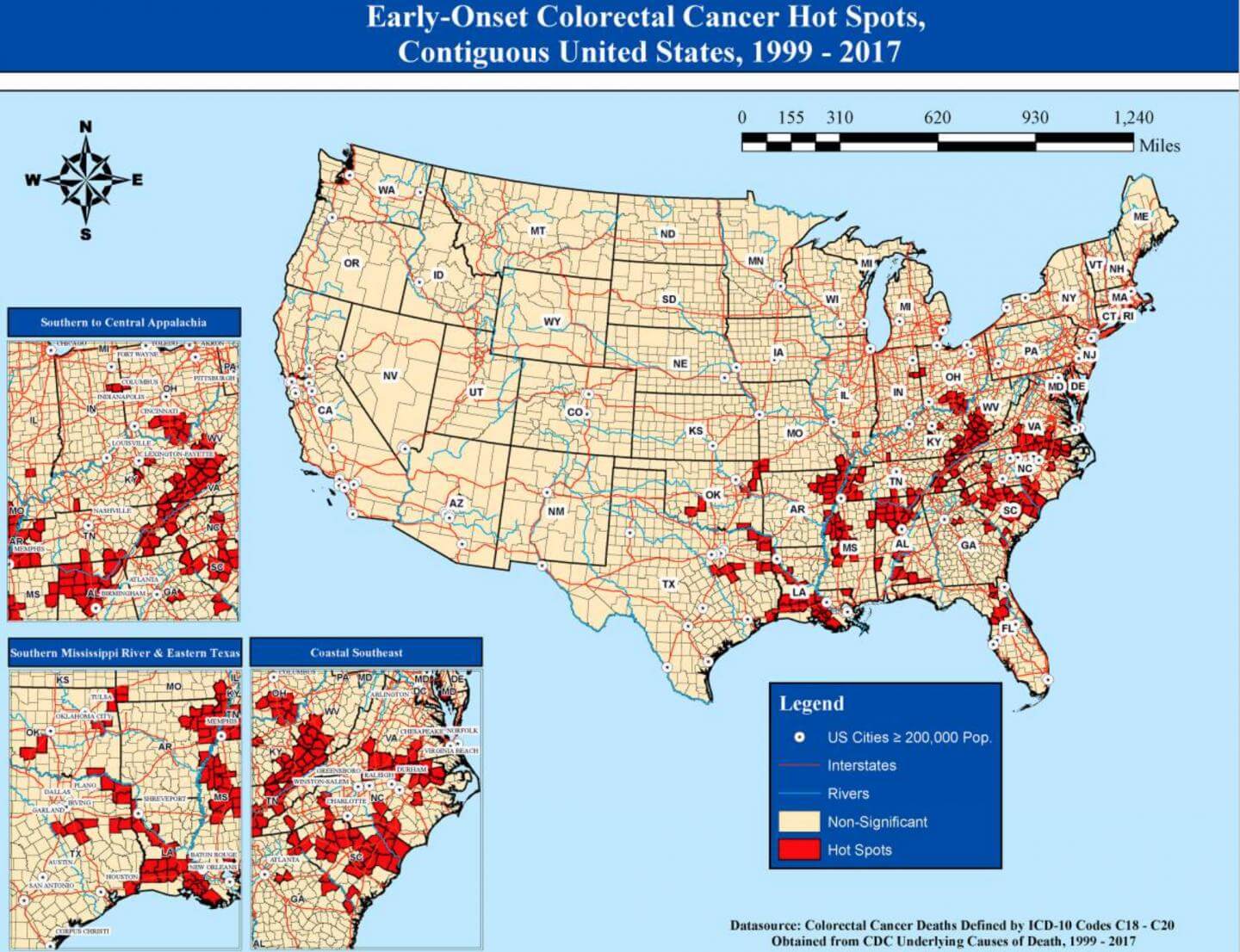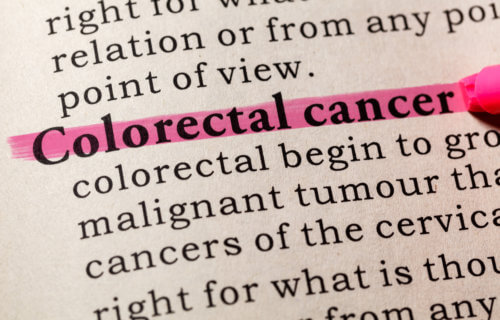INDIANAPOLIS — Although colorectal cancer rates are decreasing in adults over 50, the numbers are rising among younger adults. A new study by a team from the Regenstrief Institute has now identified seven risk factors that may explain this increasing risk, specifically among young men.
“This study is important because it puts whether, and possibly how, to screen people who are younger than age 45 — below the age for recommended colorectal cancer screening and have some of the risk factors we identify — on the table for consideration for screening,” says researcher-clinician Thomas Imperiale, M.D, of the U.S. Department of Veterans Affairs, in a media release.
“We know that colon cancer at younger ages is on the rise, although the absolute risk is still much lower than even in the 45- to 54-year-old age group. Nonetheless, that doesn’t mean that we shouldn’t be trying to identify younger people at higher risk to screen them with some modality.”
“Clinicians might have a discussion with a patient and say that although screening guidelines don’t kick in until age 45 and you don’t have a family history, you do have some risk factors. Might you consider a noninvasive screening test? It could be fecal occult blood testing or multi-target stool DNA testing. It doesn’t have to be a colonoscopy. For men younger than 45 who are at higher-than-average risk, doing some type of screening would seem to make sense,” Dr. Imperiale continues.

The study included 600 people with non-hereditary colon or rectal cancer plus 2,400 control patients from VA medical centers across the United States. Electronic health records and national VA datasets were used to determine sociodemographic and lifestyle factors, family and personal medical history, anthropometrics, vital signs, medication usage, and laboratory results for six to 18 months. All participants were male veterans between the ages of 35 and 49, with 65 percent being White while 30 percent were Black.
At first, the team identified 15 variables linked to early-onset colorectal cancer in males. They then condensed their risk prediction model to seven factors to simplify its use in clinical settings while remaining precise in estimation. The seven factors are:
- older age (within the 35 to 49-year-old age range)
- no regular use of non-steroidal anti-inflammatory drugs (such as aspirin or ibuprofen)
- no regular use of statins
- current alcohol use
- first or second-degree relative with colorectal cancer
- a higher disease burden
- service-connection/copay variable – a marker for socio-economic status
“We don’t believe that any of these risk factors, with the exception of service-connection/copay variable, which we believe may be a proxy for income and/or socioeconomic status (and only an approximate one), are unique or specific to the veteran population,” explains Dr. Imperiale.
Dr. Imperiale is now analyzing data on the risk factors in female veterans. Still, so far, the risk of colorectal cancer is two times higher for men than for women regardless of age.
The findings are published in the journal Cancer Prevention Research.
You might also be interested in:
- Plant-based diets can lower risk of colorectal cancer — but only in men
- Why do some people get cancer, while others don’t? Scientists have one ‘revolutionary’ explanation
- Colorectal cancer ‘hotspots’ discovered in south as death rate among men rises


None of the cons make sense. They all subject to possibilities. All of the pros are facts! Anybody who is not washing their dog’s feet when they come in deserve to have poop all over their house. Your dog deserves to have his feet clean when he comes in from outside. That’s being a good pet parent. All of the other kinds make absolutely no sense because they are just potential situations. Be happy. Sleep with your dog.